VAT Compliance for Charging Infrastructure: What Energy Companies Need to Know

VAT compliance for charging infrastructure is becoming increasingly critical as the global electric vehicle (EV) market continues to grow globally. With the rising demand for sustainable energy solutions, energy companies, governments, and private businesses are heavily investing in EV charging infrastructures, from public charging stations to home-based units and network management software.
While these developments are essential to promote the adoption of EVs, they also bring significant challenges in managing VAT (Value Added Tax) across different regions and business models. It is critical for companies to fully understand the VAT implications of their charging infrastructure investments to avoid penalties, ensure compliance, and keep their operations running smoothly.
This article explores the key challenges and best practices for managing VAT compliance in the rapidly changing landscape of electric mobility.
Why VAT Compliance Matters in Charging Infrastructure
The VAT framework is essential in outlining the tax responsibilities for businesses involved in EV charging infrastructure. VAT compliance in this sector is notably more intricate compared to other industries, as it includes multiple revenue streams, cross-border transactions, and varying VAT treatments for goods and services.
These complexities stem from the various stages of infrastructure development, such as purchasing, installing, and maintaining charging stations, in addition to operational aspects like the sale of electricity and subscription services.
For energy companies and businesses in this field, understanding their VAT obligations is critical. Non-compliance can result in hefty fines, legal disputes, and inefficiencies in operations. Moreover, incorrect VAT reporting can severely impact cash flow and the overall financial health of a company. Therefore, adhering to VAT regulations is not only about avoiding penalties but also about enhancing financial management within the business.
Key Challenges in VAT Compliance for Charging Infrastructure
1.Cross-Border VAT Implications
Charging infrastructure projects often involve sourcing equipment or services from different countries, which introduces the challenge of managing cross-border transactions. This is one of the biggest hurdles for VAT compliance in this sector.
For instance, when importing charging stations or hardware components from another European Union (EU) country or a non-EU country, businesses encounter various VAT treatments. In the EU, companies may benefit from VAT exemptions for intra-EU transfer of goods, but this requires careful documentation and proper VAT declarations to maintain compliance.
Furthermore, offering cross-border services such as software management or maintenance makes VAT compliance even more complex. Each country has its own VAT rates, recovery rules, and documentation requirements. For businesses, understanding and correctly applying these rules is essential to avoid overpaying VAT or incurring penalties for underreporting.
2. Supply Chain Complexity
The complexity of the supply chain adds another layer of difficulty to VAT compliance for charging infrastructure. A typical EV charging infrastructure project involves a variety of suppliers, including hardware manufacturers, software developers, and energy providers, each of which may be subject to different VAT treatments based on their role in the project.
For instance, the sale of electricity through charging stations is generally treated as a taxable transfer of goods. However, the VAT treatment for hardware, like the charging stations, and services, such as installation or maintenance, can vary depending on local regulations.
Companies must carefully evaluate the VAT status of each component within the supply chain to ensure accurate reporting. In some cases, businesses may struggle to differentiate between taxable and exempt services, especially when bundling hardware, software, and maintenance into a single package. Errors in VAT calculations or reporting can lead to serious compliance risks, including audits or fines.
3. Multiple Revenue Streams
EV charging stations generate revenue through various models, such as direct charging fees, subscription-based services, and partnerships with third-party businesses like retailers or parking facilities. Each of these revenue streams may be subject to different VAT rules, making VAT compliance more complex for charging infrastructure.
For example, pay-per-use models, where drivers pay directly for the electricity they consume, are typically taxable under VAT regulations. However, subscription-based models, where users pay a flat fee for access to charging services, may have different VAT implications depending on the structure of the service and the jurisdiction in which it operates.
Additionally, some companies form partnerships with retailers or other businesses, offering bundled services that include charging along with other amenities, such as parking or Wi-Fi. In such cases, companies need to determine the appropriate VAT treatment for each component of the bundled service and ensure accurate VAT reporting for all revenue streams.
Best Practices for VAT Compliance
1. Centralized VAT Management System
A centralized VAT management system is crucial for businesses in the EV charging infrastructure sector. This system should seamlessly integrate with the company's financial and operational frameworks to track VAT liabilities, process payments, and manage VAT recovery across various jurisdictions.
By implementing such a system, businesses can ensure that all VAT obligations are met on time, minimizing the chances of errors in VAT reporting. Automating VAT processes can also enhance efficiency while reducing the administrative workload associated with VAT compliance management.
Automated systems can monitor VAT rate changes, guarantee accurate invoicing, and streamline VAT return filings. Through centralization and automation of VAT management, businesses can significantly lower the risk of non-compliance and dedicate more focus to expanding their operations.
2. Understanding Local Regulations
Since VAT rules can differ widely from one country to another, businesses must dedicate resources to understanding the specific VAT regulations in each jurisdiction where they operate. This is especially crucial for companies that function internationally or across several regions, as they will encounter different VAT rates, recovery rules, and reporting requirements.
To ensure VAT compliance in the EV charging infrastructure sector, companies should collaborate with local tax advisors or VAT specialists who are well-versed in the regulations for each market. This approach helps businesses avoid common pitfalls and guarantees that they remain fully compliant with local VAT laws.
3. Regular Audits and Compliance Reviews
Regular audits and compliance reviews play a key role in ensuring VAT compliance for charging infrastructure. These reviews allow businesses to identify potential issues in VAT reporting, such as over-reporting or under-reporting, and correct them before they result in costly fines or penalties.
Audits also offer an opportunity to assess and refine the company's VAT processes, ensuring they align with the latest regulations. Since VAT laws frequently change, especially in dynamic sectors like energy and mobility, businesses must stay updated on any regulatory changes that could impact their VAT obligations.
4. Training and Awareness
Training staff on VAT compliance is one of the most important practices for businesses in the charging infrastructure sector. This applies to employees involved in VAT reporting, invoicing, and financial management, ensuring they are well-versed in the company's VAT obligations and how to fulfill them.
The training should address key areas such as cross-border VAT rules, the treatment of various revenue streams, and handling VAT recovery. By investing in regular employee training, businesses can significantly reduce the likelihood of errors in VAT reporting and ensure full compliance with VAT regulations.
Future Trends in VAT for Charging Infrastructure
The future of VAT compliance for charging infrastructure will likely be influenced by key trends such as the digitalization of tax reporting and the growing complexity of VAT regulations in the energy and mobility sectors. Governments are moving towards real-time VAT reporting systems, which will require businesses to submit VAT data more frequently to tax authorities.
As a result, companies will need to invest in advanced VAT management systems capable of real-time data processing and reporting. Additionally, as the demand for EV charging infrastructure continues to rise, governments may introduce new VAT incentives or exemptions to encourage further investments in this growing sector.
Conclusion
VAT compliance in charging infrastructure is a complex but vital aspect of operating in the EV market. By addressing key challenges such as cross-border transactions, supply chain complexities, and diverse revenue streams, while implementing best practices, companies can ensure they meet their VAT obligations and avoid costly penalties.
As the EV charging infrastructure market expands, businesses that focus on VAT compliance will be in a stronger position to thrive in the increasingly competitive global market.

Featured Insights
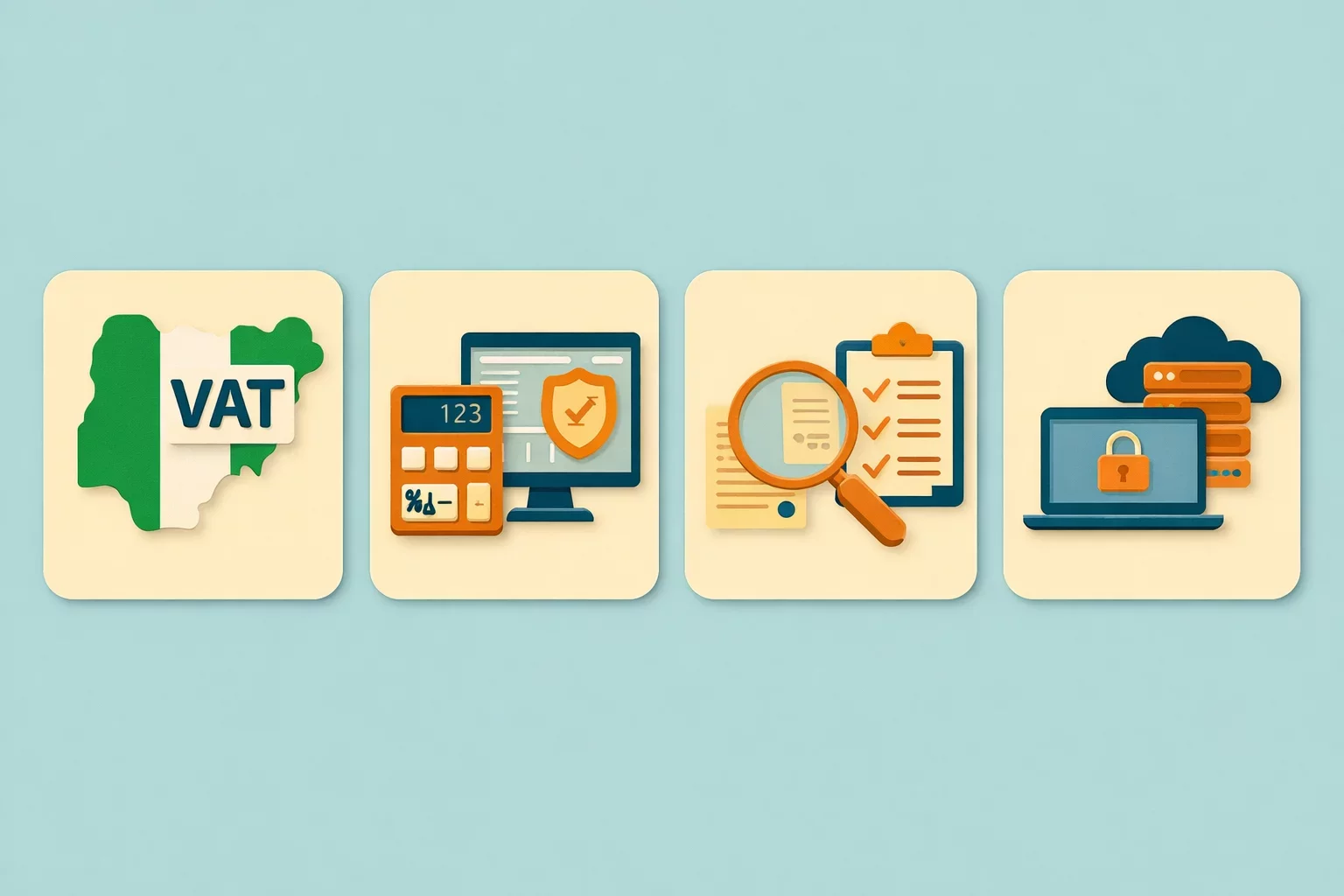
Nigeria VAT Compliance: TaxPro Max Explained
🕝 March 3, 2026More News from World
Get real-time updates and developments from around the world, keeping you informed and prepared.
-e9lcpxl5nq.webp)




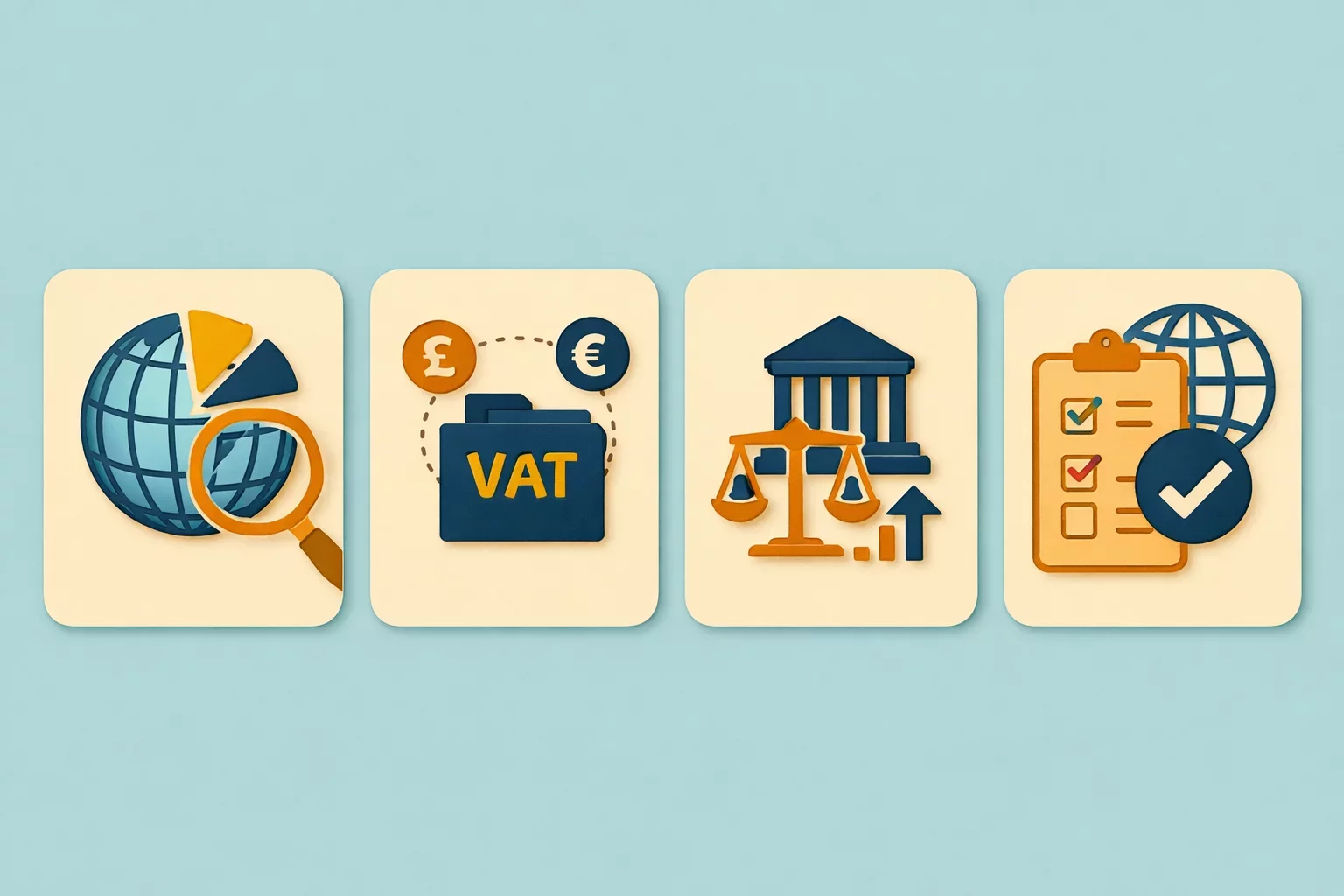



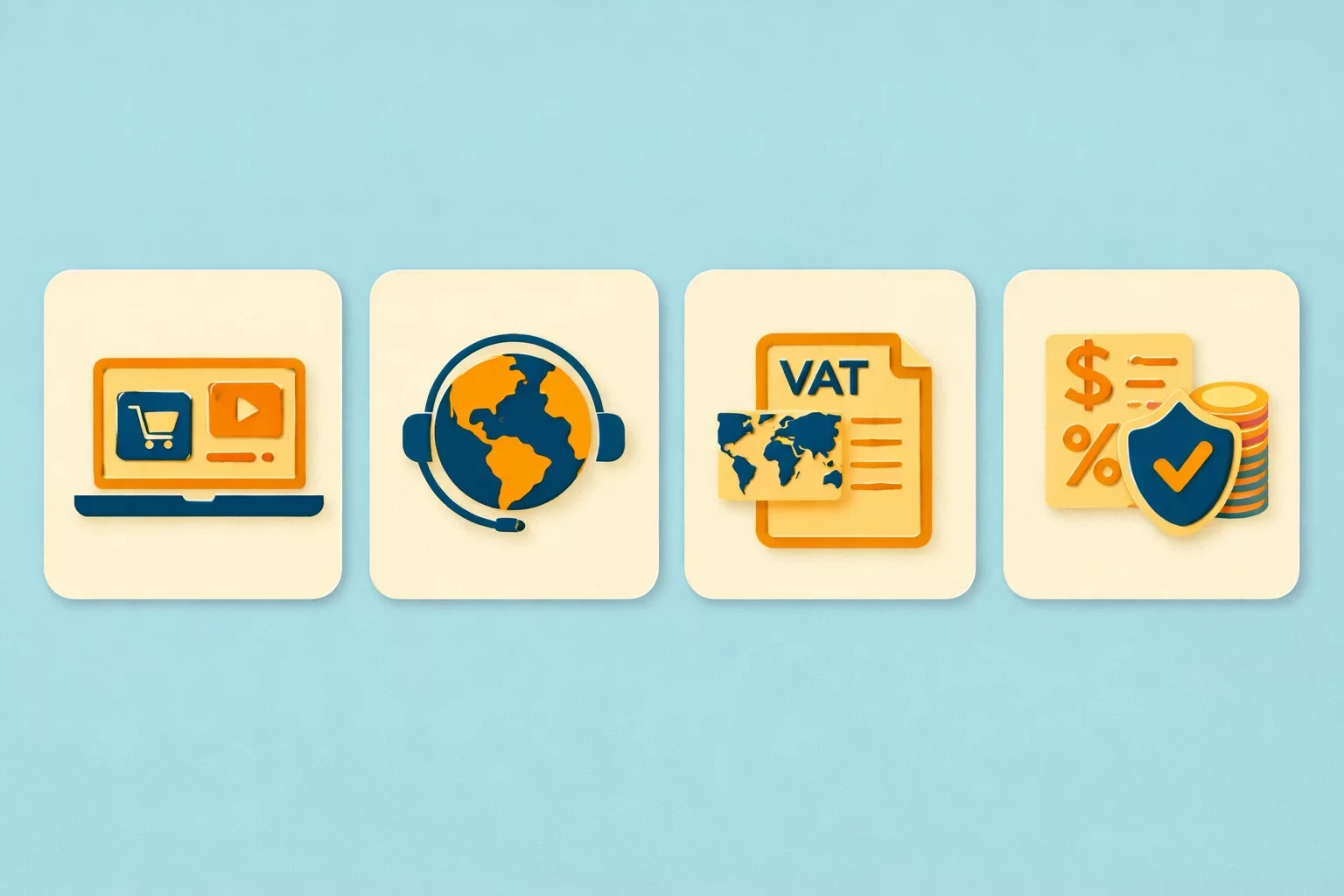


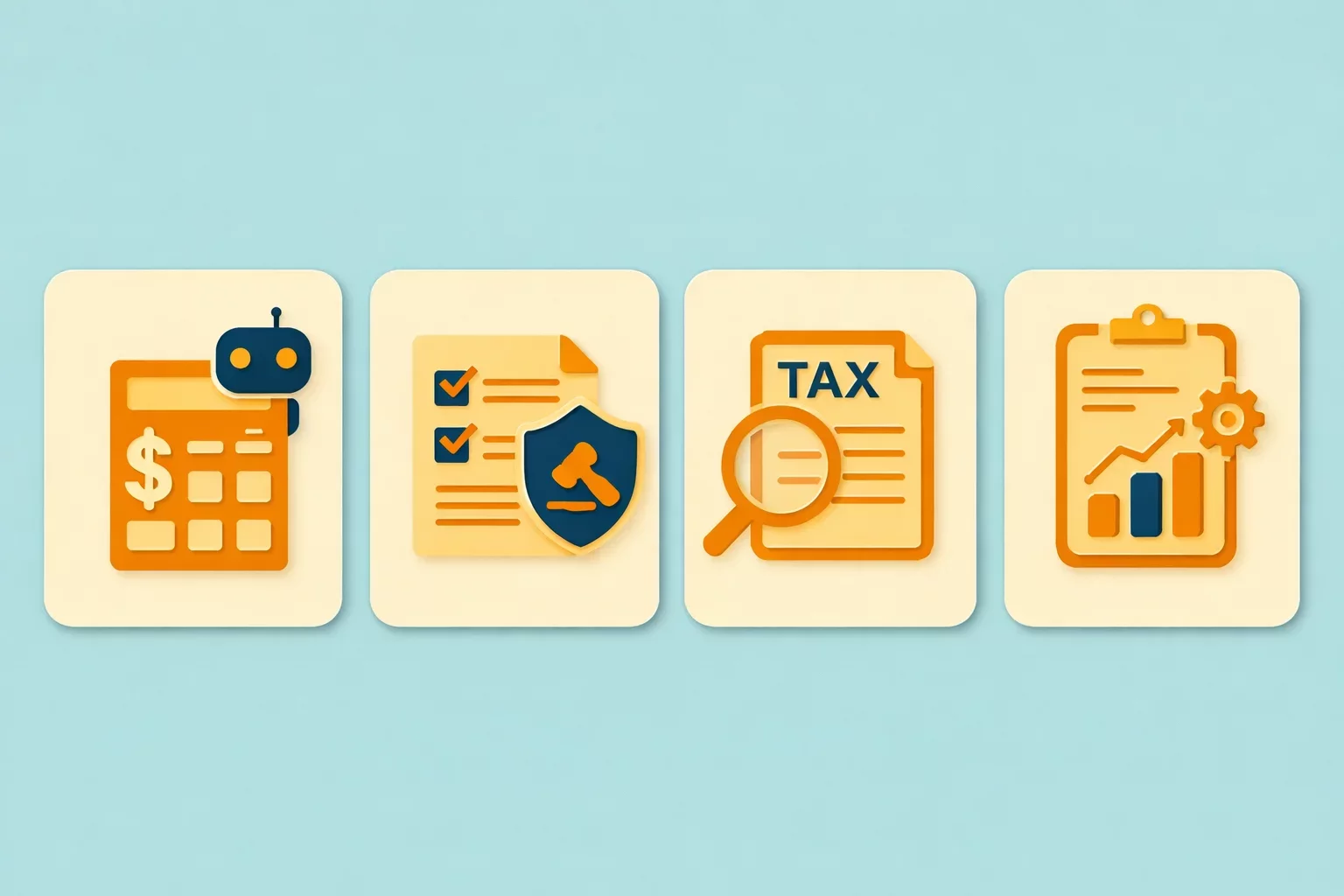








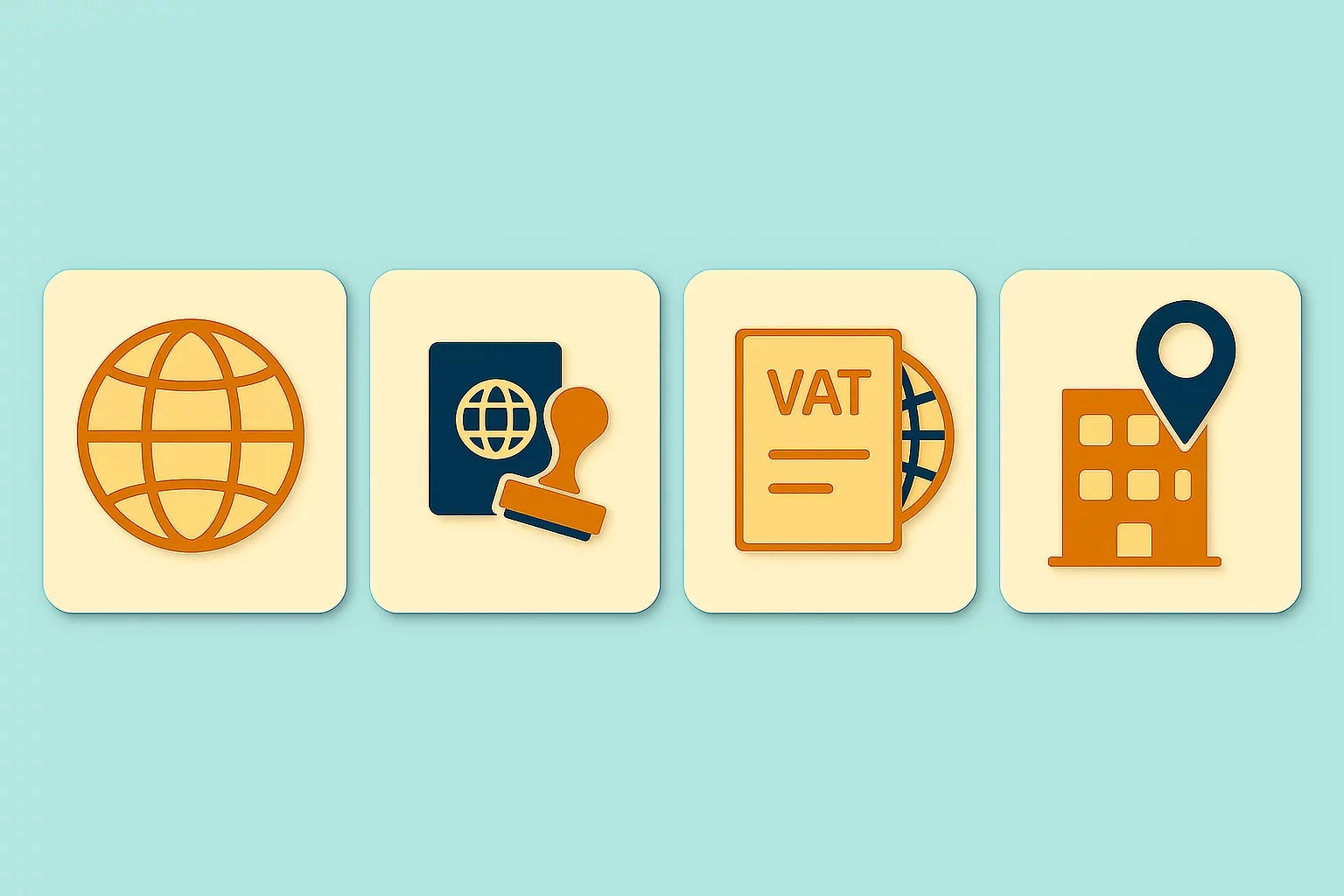













-7xdqdopxl6.webp)



-a9bz8kz2cs.webp)






























